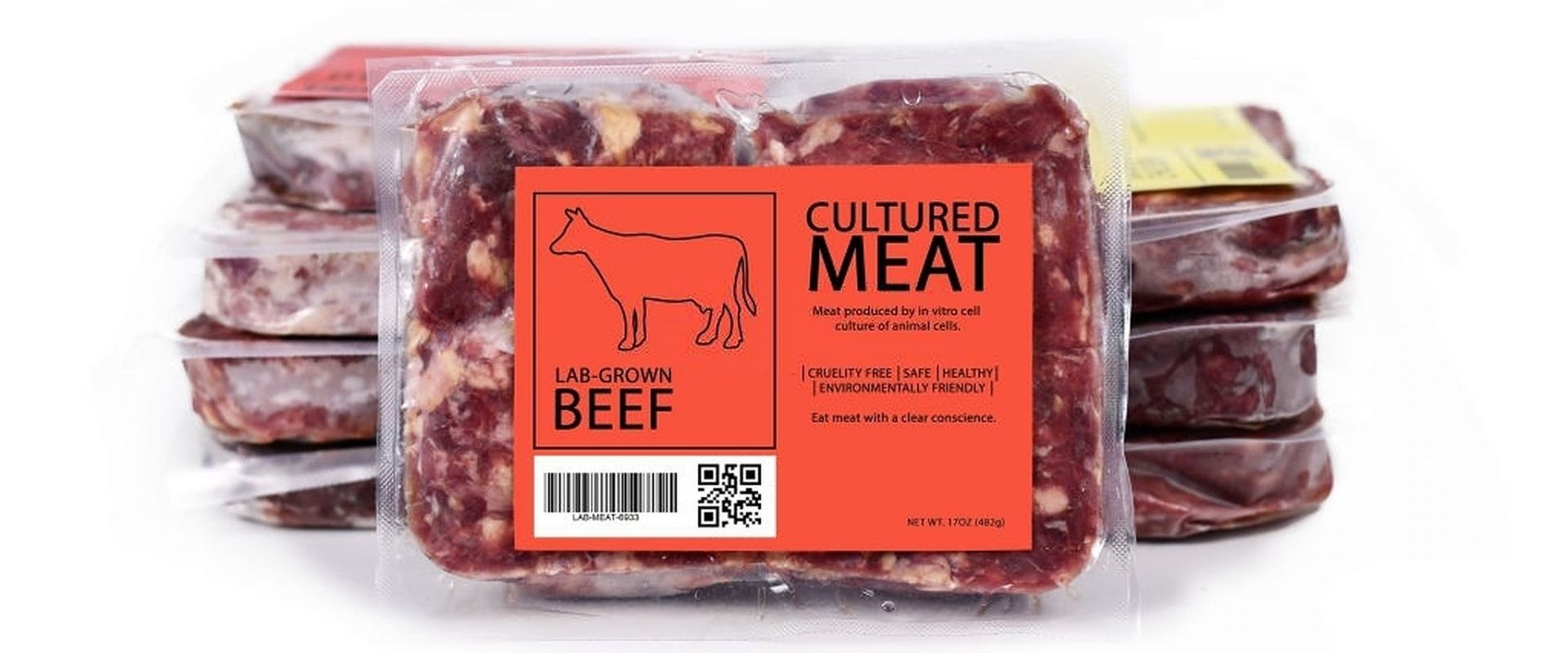Food technologists are becoming more and more advanced in their knowledge. Many companies are able to make plant-based meat alternatives that can imitate the taste and the texture of meat. On the other hand, food technologists also try to create "real meat" without killing the animal. The first publication was published in 2008 about cultured meat. Since then, it has grown interested in the scientific community. There are several reasons why cultured meat has come to us. It is because of ethical, environmental, and health reasons.
Ethical Reasons
Many might have watched documentaries like Dominion, felt disgusted by the treatment of the animal industries to the animals, but keep eating meat afterwards. They feel wrong if animals have to suffer much to be eaten by humans. But the taste of meat they missed. Cultured meat provides solutions for them.
"Cultured meat is presented by its advocates as a sustainable alternative for consumers who want to be more responsible but do not wish to change the composition of their diet." However, it has been noted in this review study that the best medium for the cells of the meat to grow is by using a substance that contains "fetal bovine serum (FBS), a serum made from the blood of a dead calf." So, it definitely does not fit for vegetarians and vegans.
Environmental Reasons
Because cultured meat is being made in the laboratorium, it definitely requires less land use than regular animal farming. For environmental activists, cultured meat provides a better way to protect our land by not destroying it, and less water is being used to make it. There will be less gas emission in producing cultured meat than real meat, too! It can have a big impact on its sustainability and climate change.
Health Reasons and Concerns
Since cultured meat is grown in a very controlled environment, the possibility of having pathogens that can cause harm to our human health is way smaller compared to meat from the slaughterhouses. In addition, cultured meat doesn't need antibiotics at all in comparison to the widespread use of antibiotics to farm animals which can lead to antibiotics resistance in humans.
But we are not sure if antibiotics are being used to prevent infection in cultured meat. "Unfortunately, we do not know all the consequences of meat culture for public health, as in vitro meat is a new product." Some of the nutrients in cultured meat can be controlled or adjusted too. However, it might give an impression that many "chemicals" are added to it.
In regards to health effects, more research needs to be done because cultured meat is a new thing for all of us. For now, maybe it is best for us to eat what is proven good for our health, which is a whole food plant-based diet.


